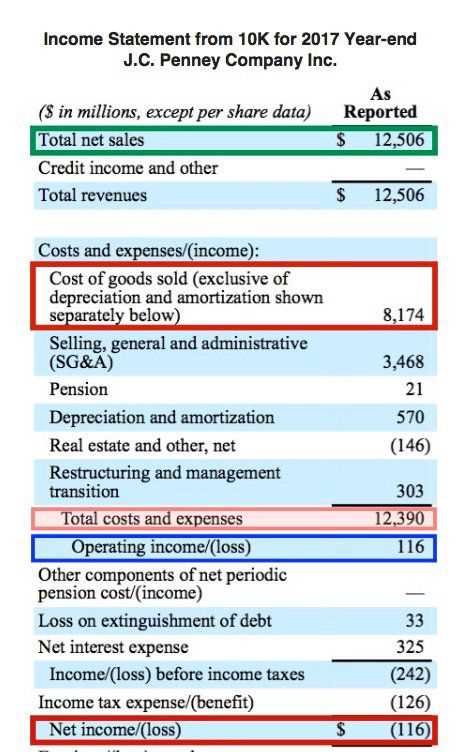Order Imbalance: Understanding the Definition, Causes, and Trading Strategies
What is Order Imbalance? Order imbalance refers to the situation in the financial markets where there is an excess of buy or sell orders for a particular security. It occurs when there is an imbalance between the number of buyers and sellers in the market, resulting in an excess of … …





















